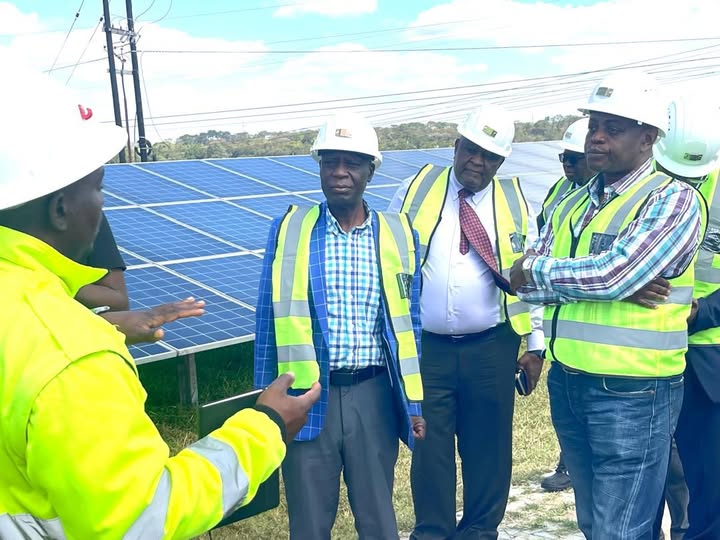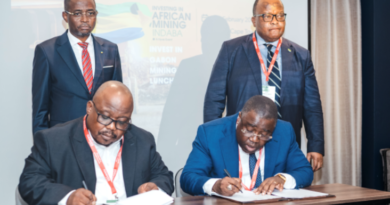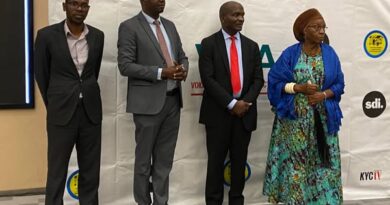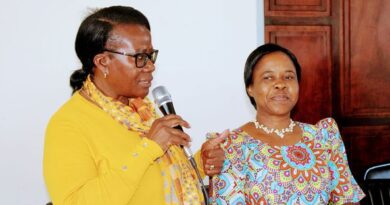ZESCO and CEC Launch Joint Planning Team to Fast-Track Solar Development in Zambia
ZESCO Limited and Copperbelt Energy Corporation (CEC) Plc are joining forces to fast-track the deployment of solar power generation facilities across Zambia. This strategic collaboration will see the formation of a joint planning team aimed at coordinating national solar energy projects, maximizing resources, and avoiding duplication of efforts.
During an appreciation tour of CEC’s solar projects in Kitwe, ZESCO Chairman Vickson Ncube emphasized the importance of unified planning. “We are going to form a joint planning team between ZESCO management and CEC management so that we can plan the national response together. When we seek resources as a team, people listen to a team better than to an individual,” Ncube told journalists.
CEC, a regional power giant and the largest independent power supplier to mines in Zambia and the Democratic Republic of Congo, is expanding its solar footprint to 230 megawatts peak. This growth is powered by a groundbreaking $200 million green bond issued in 2024 — the first of its kind in Zambia.
The joint team aims to inaugurate about 500 megawatts of solar capacity at sites in the Northern and Southern provinces.
ZESCO is preparing to commission its inaugural 100-megawatt Chisamba solar project, signaling a major milestone for the state utility in solar energy.
CEC Board Chairman London Mwafulilwa highlighted the value of collaboration: “The biggest lesson from the firm’s solar power developments has been the experience that ZESCO and the country can benefit from expanding the solar PV footprint. We are willing to help set standards and specifications for solar development requirements in the country.”
He urged swift action, noting that the planning team must be established before the end of June to capitalize on the growing market demand. “Lack of power not only deprives our people of development, but it’s an opportunity that we must seize as the market is already there.”
Both entities fully support the government’s target to install at least 1,000 megawatts of solar power by the end of 2025. Mwafulilwa added, “I think 1,000 megawatts is a bit of an understatement. If we rally behind this, given the current challenges, we should be able to do better.”



